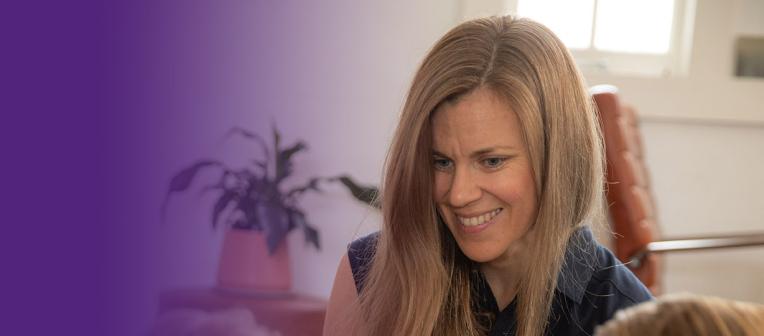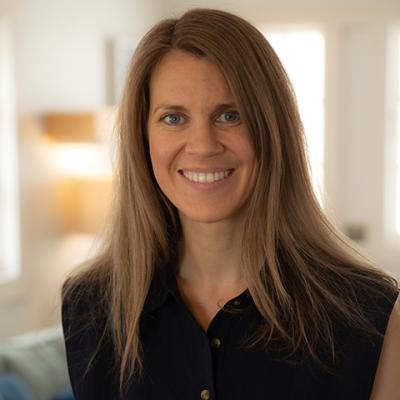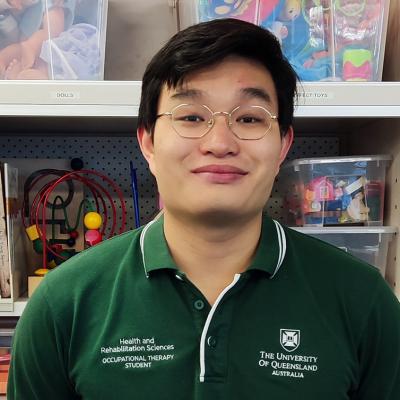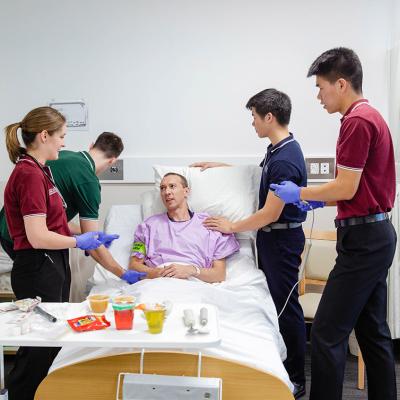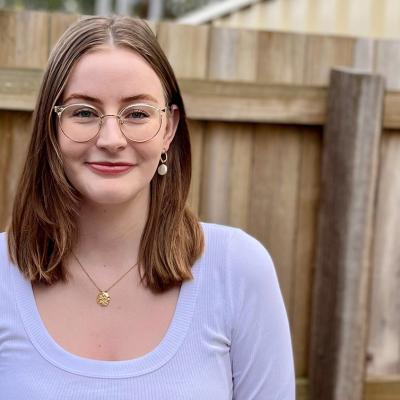Meet Dr Emma Crawford, a paediatric occupational therapist and lecturer in UQ’s Bachelor of Occupational Therapy (Honours) and Master of Occupational Therapy Studies.
A lot of people may not know what occupational therapy is, or what an occupational therapist (OT) does. For Emma, it can be put quite simply:
“Being an OT gives you a chance to help others to do what they need, want or have to do.”
With a focus on culturally responsive practice and addressing societal disadvantage, Emma helps ensure our occupational therapy students are taught to include compassion and empathy in their skillset.
Making a lasting difference early
In her paediatric occupational therapy clinical work, and during her time as a lecturer in the occupational therapy programs at UQ, Emma has worked in community settings and community-based health promotion programs around the world, including in Bolivia and Timor Leste.
"I’m passionate about social change – joining together with communities, envisioning how things could be better, and then coming together to make that happen," she says.
"I’ve always been driven toward working with infants and toddlers because this is the beginning of the life trajectory."

It’s Emma’s engagement with family, friends and the wider community as a child that influenced her career direction.
"My experiences as a child, my schooling, seeing my parents get involved in community activities, the travel we did as a family and the conversations I had with my aunties, uncles, older cousins and friends definitely influenced my career aspirations – but I probably didn’t realise this until later in my career," she says.
"If we can make a difference in the early years of life, we can have an impact on lifelong health and wellbeing, active community participation, academic achievement, employment and economic productivity, and these effects can even flow on to the next generation."
Current research
This desire to ensure children are able to start their lives on the best possible footing has led to Emma’s current research. She is collaborating with industry partners to co-design an evidence-based program for mums and babies from multicultural families, with a focus on families that have faced trauma or high levels of migration stress.
"Based on the existing evidence and the World Health Organisation’s endorsement of responsive approaches to infant caregiving, we are focusing on neuroprotective developmental care, drawing on community and cultural knowledge, and aiming to provide supportive and quality care through inter-professional practice and inter-organisational partnership," Emma says.
"Potential topics covered by the program include breastfeeding, sleep, sensory nourishment for babies, emotional co-regulation, and mothers’ mental health. The evaluation will use a culturally responsive, participatory approach drawing on co-design and community-based research principles."
"The project is in its early stages and I’m thrilled to be leading this design phase."
Thinking of a change in study or career? Use your prior academic credit and become a registered occupational therapist in as little as 2.5 years with UQ’s Master of Occupational Therapy Studies.
The future of occupational therapy
When asked where she sees the future of occupational therapy heading, Emma is excited for the wide range of career options available to those who choose to enter the profession today.
"There is a lot of work in community private practice, but also jobs in hospitals and larger social, disability and health organisations," she says.
"Occupational therapists can work across so many fields – aged care, paediatrics, disability, mental health, multicultural services are some of them."
"Occupational therapy is such a fast-growing profession at the moment. There are a lot of jobs available for graduates. Seeing our students graduate, it seems like the opportunities for them are endless."
Meet some other UQ academics or learn more about the Bachelor of Occupational Therapy (Honours).

